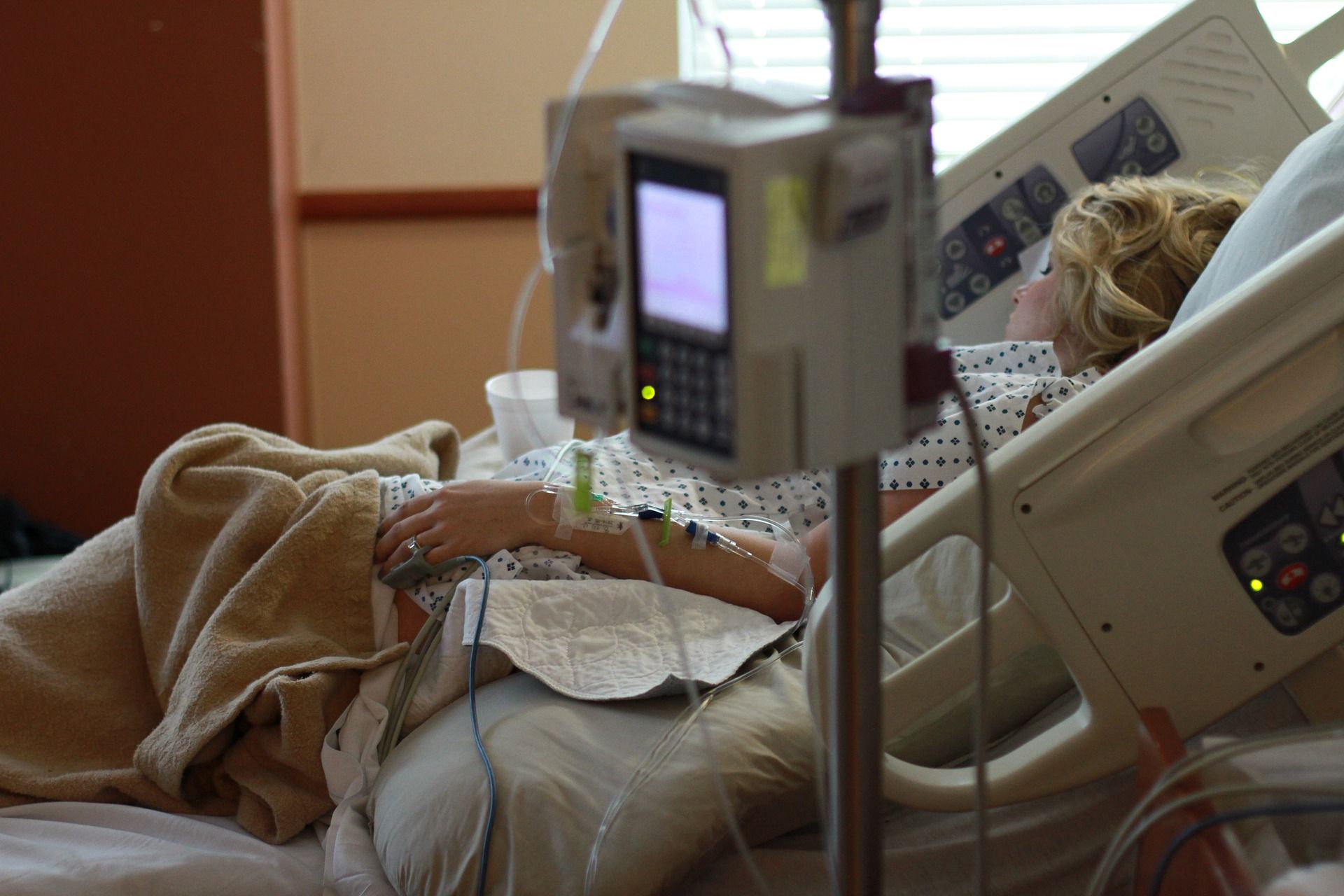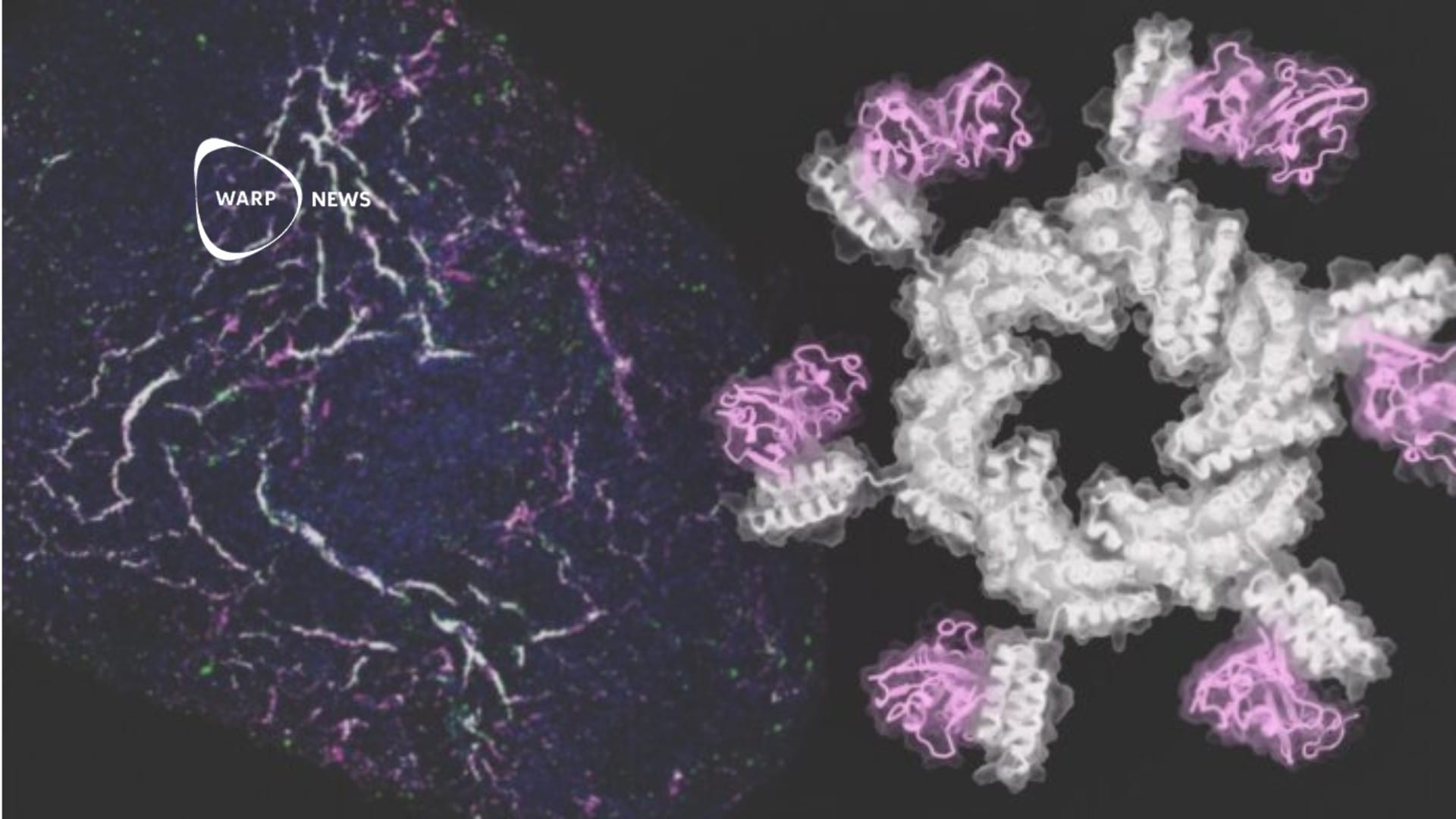
🚑 AI can increase survival among patients in hospitals
An AI has been trained to recognize signs that patients need intensive care. This means that patients receive the right care earlier than they receive today, which increases their chances of survival.
Share this story!
Every year, over 60,000 patients in hospitals in the UK alone become so ill that they urgently need to be transferred to the intensive care unit. The earlier the doctors realize that a patient needs intensive care, the greater the chance that the patient will survive and here AI can help .
A research team from Oxford University in the UK has had an AI review of over 230,000 cases from British hospitals to allow the AI to learn to detect which signals indicate that a patient will need intensive care.
When the AI then had to assess other previous cases, it turned out that it detected 42 percent of the patients who then needed intensive care within 48 hours. The corresponding figure for the manual assessment scales used today was 22 percent. This means that tens of thousands of patients in the UK alone can receive faster care and greater chances of survival each year.
- Late discovery that a patient is getting worse is linked to worse outcomes, including deaths. Despite a widespread use of warning systems based on assessment scales, which are based on vital parameters, many rapid deteriorations are not detected in advance, says Professor Peter Watkinson at Oxford University and one of the researchers behind the AI.
The AI is called Haven and analyzes various risk factors such as blood pressure, heart rate, body temperature, blood values and the patient's general condition. These values are then compiled into a value that shows which patients are at risk of needing intensive care.
The manual methods used today work in principle in the same way, but Haven is thus better at interpreting all data and can thus save many lives.
- Haven's machine learning algorithm, which uses electronic patient data that is routinely collected by most NHS hospitals, has the potential to significantly improve our ability to detect patients in need of intensive care. This increases the chance that those who can be saved from receiving intensive care quickly will also receive it on time, says Peter Watkinson.
By becoming a premium supporter, you help in the creation and sharing of fact-based optimistic news all over the world.


